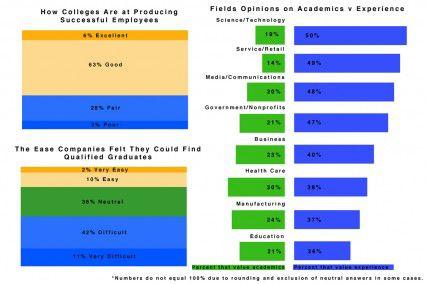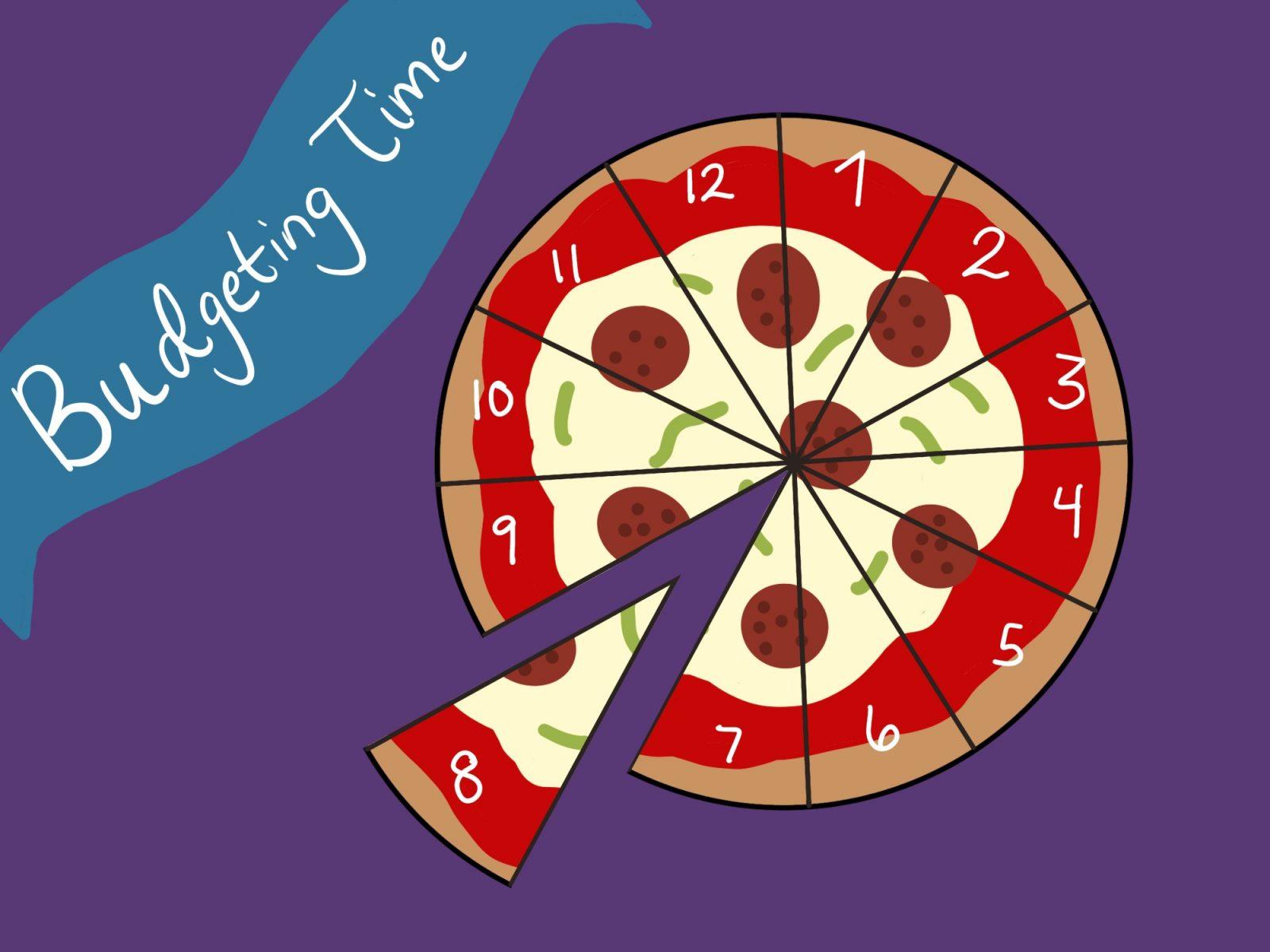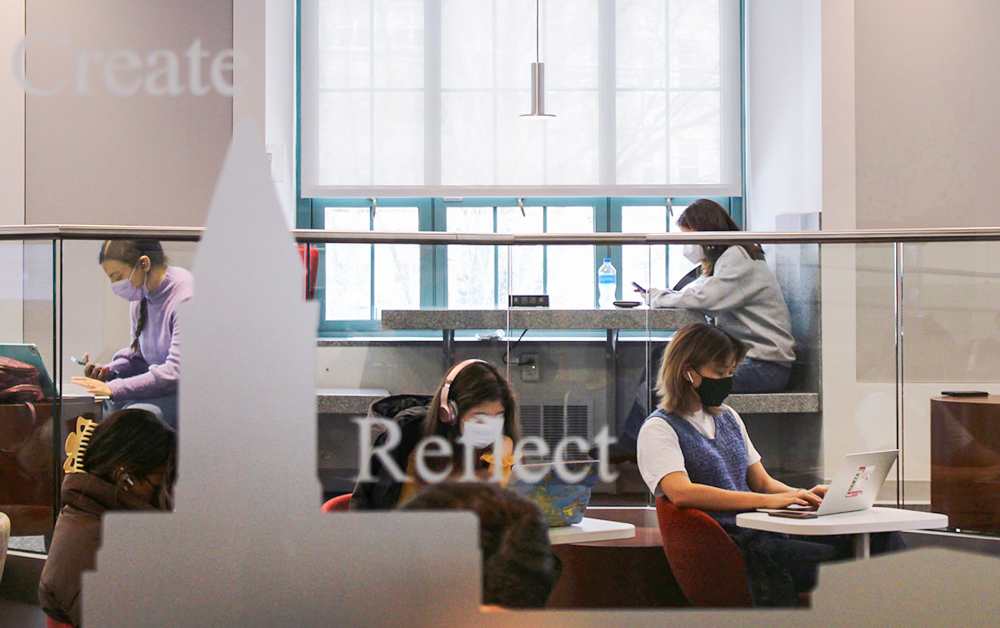
A significant percentage of employers prefer students with work experience outside of a college environment to students with no experience and high GPAs, according to new data.
“I’ve seen there is a lot of concern about grades, more than there should be,” said Susan Walker, a Boston University professor of journalism. “I wish the focus was more about what you learn through the course of the semester, rather than what the grade is because, overall, that is much more important in terms of professional success.”
The Chronicle of Higher Education and American Public Media’s Marketplace conducted a survey of 704 employers to better understand student and employer perceptions of career preparation. In all eight fields of employment surveyed, more employers responded that they prefer experience to academic records.
“Employers place more weight on experience, particularly internships and employment during school vs. academic credentials including GPA and college major when evaluating a recent graduate for employment,” the Chronicle report released Monday stated.
Fifty percent of science and technology employers valued candidates more based on their experience, and 19 percent valued candidates more based on academic merit. In media and communications, 48 percent of employers valued prior experience and 20 percent of employers valued academic records.
Employers were able to answer “neutral,” which is why the figures do not add up to 100 percent, the report stated.
Associate Director of Marketing & Communications at the Center for Career Development at BU Eleanor Cartelli said in an email employers are looking for a mix of professional experience and academic excellence.
“Grades and GPA certainly do matter, but for most employers they matter in combination with what you learned and how you can apply that to a non-academic setting,” she said. “Internships are valuable to employers because candidates can demonstrate that they know what it is like to work in a professional setting.”
Employers are looking for candidates with communication and organizational skills related to the position, Cartelli said. While GPA and other academic markers are significant, for most employers, they matter in combination with what students learn and how they apply that to a non-academic setting.
“The National Association of Colleges and Employers reports that of those 2012 graduates surveyed, 63 percent of those with paid internship experience get at least one job offer,” she said.
Employers value internships because they provide students with important training and experience, Walker said.
“Businesses now in a tight economy don’t have the training programs they used to,” she said. “Internships mean a lot in job applications. Even back when I was a student no one ever asked me what my GPA was. They asked me where I worked as an intern and what stories I helped cover.”
Andrew Stieglitz, a College of Communication junior, said employers value internships because they give students the opportunity to better understand information from classes.
“Internships give you real-life experiences,” Stieglitz said. “It’s one thing to read about how to make a movie or edit whatever, but it’s another thing to actually go out and do it.”
Radhika Akhil, a College of Arts and Sciences freshman, said employers are most concerned with academic standing when looking for new hires.
“The way [employers] determine that [your ability to do your job] is by looking at your GPA and what classes you’ve taken,” Akhil said.
Katie Angelica, a CAS freshman, said she recently applied for an internship because she wants to see what she could be doing in the future.
“I hope I’ll be able to figure out what it would be like to actually work with my major and what I’m studying,” Angelica said. “[I want] to experience the kinds of things that people use it for and see what their daily work is.”
































































































































